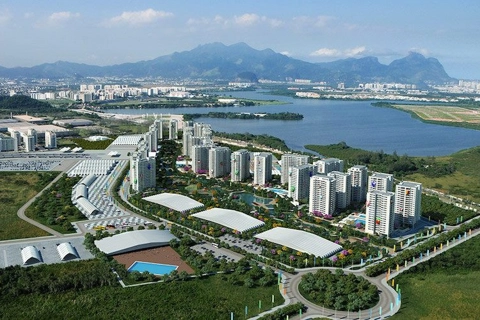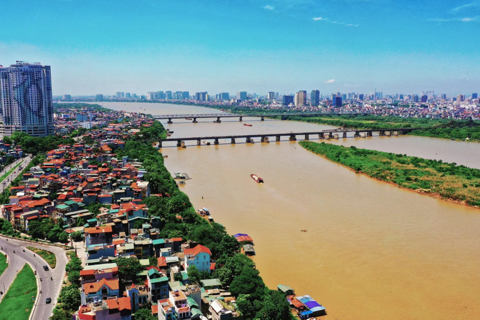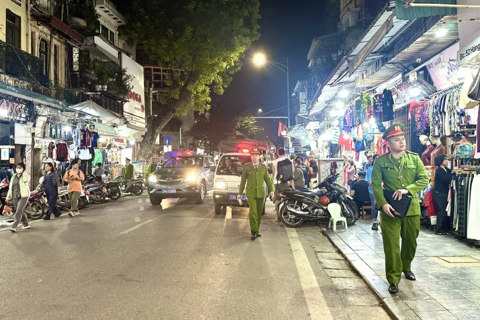Over 80% enterprises in Hanoi register for e-invoicing
Hanoi aims to have 100% of enterprises using e-invoices before September 30, 2020.
As of August 5, Hanoi had 112,500 enterprises and organizations, or 80.2% of the total, registering for e-invoicing, according to Hanoi's portal.
| Hanoi strives for 100% of enterprises using e-invoices before September 30, 2020. |
So far, over 11.4 billion e-invoices have been issued and 403.7 million customers have been e-invoiced, while the number of enterprises using e-invoices is 58,000.
Director of the Hanoi’s Department of Taxation Mai Son said to ensure the goal of 100% of enterprises using e-invoice before September 30, 2020 set by the local government, the department has been promoting the benefits of e-invoicing to the business community.
Additionally, the Taxation Department has also published hotlines and emails to for taxpayers to report concerns, while sending information related to e-invoices to enterprises in Hanoi for their convenience.
According to the department, Hanoi has 146 enterprises authorized for issuing e-invoices with the verification code from tax authorities. So far, the number of e-invoices with verification code has reached 5.87 million.
Additionally, over 35,200 enterprises have issued 6.8 billion e-invoices by themselves.
Under a national plan for the development of e-commerce by 2025 released on May 18, the Vietnamese government set the target of achieving around 55% of the population shopping online with an average spending of US$600 annually by 2025.
Revenue from online sales of business-to-consumer e-commerce, known as B2C e-commerce, is set to grow by 25% per year to US$35 billion, accounting for 10% of total goods retail sales and service revenues.
Meanwhile, the government expects the share of population using related services, including non-cash payment services, would be at 50%, and through intermediary payment services at 80%.
By 2025, 80% of e-commerce websites should be integrated with online shopping and 70% providing e-invoices.
Notably, Hanoi and Ho Chi Minh City would make up half of e-commerce revenues in the next five years.
According to GlobalData’s 2019 Banking and Payments Survey, cash is still the most preferred payment mode for e-commerce purchases in Vietnam, accounting for 35.6% in 2019.
Alternative payment solutions are gradually gaining ground and accounting for 15.5%. MoMo is the most preferred alternative payment solution in Vietnam, followed by PayPal.












